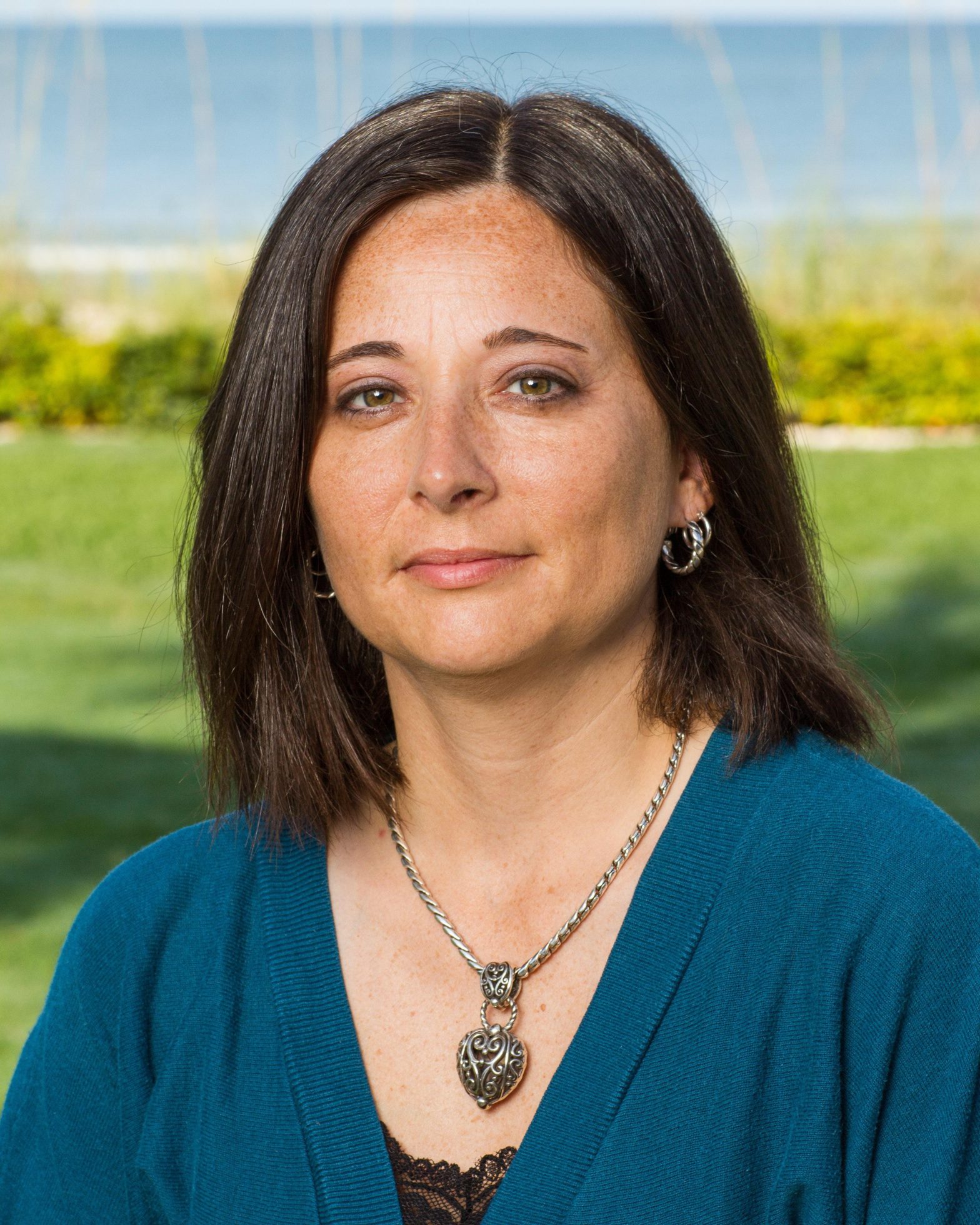
When I ask kids, “Where does your food come from?” the answer I most often receive is “the grocery store.”
In our culture, there is a great disconnect between the farmer and the consumer. Most consumers don’t understand what goes into growing their food.
Farmers today have so much to juggle and so many things to consider. You don’t just put a seed in the ground and hope for the best.
So many sciences play a part in this thing we call agriculture. We rely on soil scientists, pathologist (for plant diseases), entomologists (for insects), wildlife biologists, agronomists, weed scientists, agricultural engineers, animal scientists, and the list could go on.
So, where does your food come from? It starts out with a farmer who is trying to support their family by doing something they love to do. That farmer spends countless hours preparing the fields and caring for the land. They choose what to grow that season and prepare the soil accordingly.
They also must consider what pests they will be combating. Insects, diseases, weeds and wildlife all can wreak havoc on a crop. The farmers attempt to protect their crops without causing harm to the environment or to the consumer.
In my opinion, farmers have one of the toughest jobs in our country today. Just think, where would we be if there were no farmers? What would we eat? Where would our clothes come from?
We need to tell the story of farmers and of where our food comes from. The Okaloosa County Farm Bureau Women’s Committee is committed to telling this story.
We will be telling this story to school kids from all over the county this October. We also tell this story by placing books about agriculture in area elementary schools.
The Women’s Committee would love for new members to join us in telling the story of agriculture in Okaloosa County. Those who don't have time to donate may also make a monetary donation to help us.
For more information about the Okaloosa County Farm Bureau Women’s Committee, you can contact me at bearden@ufl.edu or Molly Huffman at molly.huffman@ffbic.com.
Jennifer Bearden is an agent at the University of Florida's Institute of Food and Agricultural Sciences Extension office in Crestview.
This article originally appeared on Crestview News Bulletin: Where your food comes from
